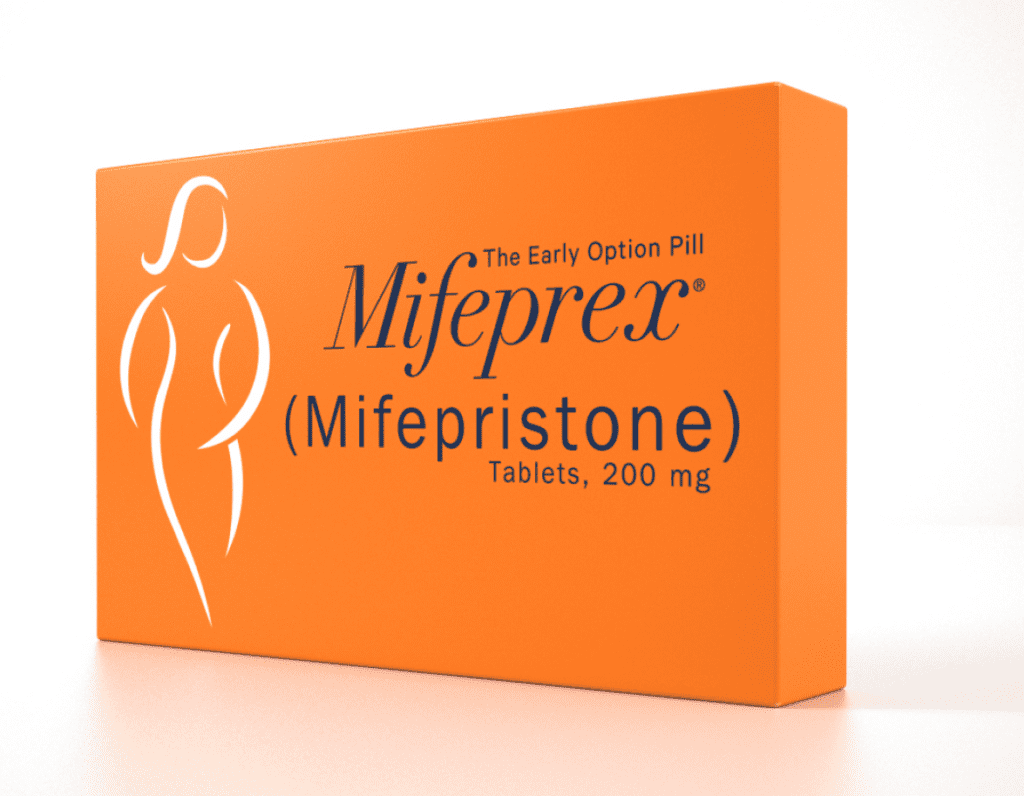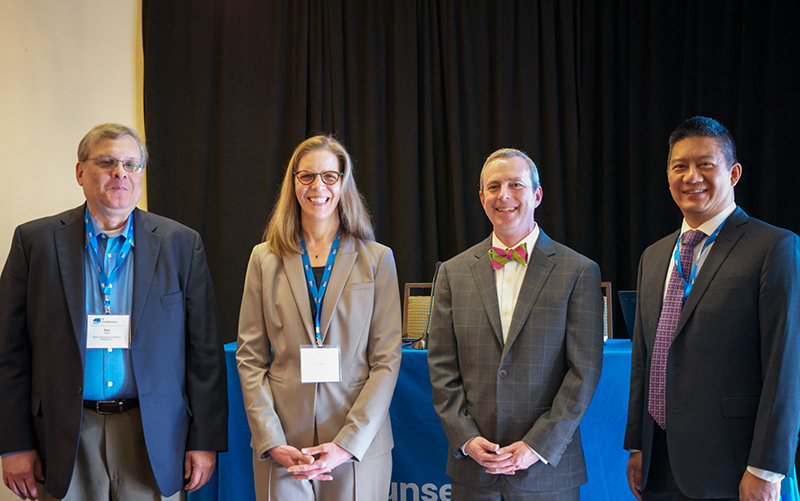On Friday, U.S. District Judge Matthew Kacsmaryk in Amarillo, Texas, ordered a hold on federal approval of mifepristone, a drug approved by the U.S. Food and Drug Administration (FDA) in 2000 that has been on the market for over 20 years. Experts say the move is an unprecedented attempt at undermining the FDA approval process.
“This is a very complicated ruling that has a number of different impacts,” explains John Murphy, Chief Policy Officer of the Biotechnology Innovation Organization (BIO). “The theme for the industry is that there was a judge that looked back 20 years at a number of different approvals for a single drug and in many respects, during his opinion, he questioned the scientific judgment of FDA.”
“We don’t think FDA decisions are above judicial review,” Murphy continues. “In fact, judicial review is a good check on agency power. But what is concerning are aspects of the judge’s ruling that question the scientific and risk determinations made by FDA. And that is an area that I think for the biotech industry is very problematic.”
“The preliminary ruling by a federal judge in Texas is an assault on science and the FDA’s long-standing role as the authority to make decisions on the safety and efficacy of medicines,” says BIO’s interim CEO, Rachel King. “For a court to invalidate the approval of a drug that was reviewed and approved more than two decades ago is without precedent. As legal scholars have noted, the courts do not have the medical expertise to make these types of scientific determinations.”
The mifepristone ruling not only threatens patients’ access to a variety of medications, but it also chips away at the foundation of drug development in the U.S., making an already-risky investment infrastructure all the more tenuous. As the U.S. Department of Justice told the court, such a ruling would render companies “unable to confidently rely on FDA approval decisions to develop pharmaceutical-drug infrastructure.”
“This decision has ramifications that extend well beyond this case,” King continues, “setting a dangerous precedent for undermining the FDA and creating regulatory uncertainty that will impede the development of important new treatments and therapies.”
Biotech industry hopes Texas mifepristone ruling is overturned
Meanwhile, in Washington State, Spokane-based Judge Thomas O. Rice somewhat countered Judge Kacsmaryk’s order by partially granting a request from 17 states and the District of Columbia to block the FDA from making any changes to the drug’s access in the states that sued.
“In that case,” Murphy explains, “the attorneys general were saying that the product of mifepristone was so safe, that they were disputing the FDA having placed certain restrictions on the dispensation of that drug, saying that those were barriers to equitable and free access to the product.”
“As this case works its way through the appeals process, it is our hope that this ruling is overturned,” says King, “so that patients and drug developers can rely on the rigorous FDA approval process as the scientific and trusted standard for drug approvals.”
The persistent undermining of the FDA—whether it is targeting the Accelerated Approval process, the Centers for Medicare and Medicaid Services’ coverage decision regarding a groundbreaking Alzheimer’s treatment, or this mifepristone ruling coming out of Texas—puts patients at risk, is a blatant negation of good science, and threatens the innovative American system that has paved the way in medical innovation.
“We are seeing amazing breakthroughs in labs across the country,” says King. “We are on the cusp of groundbreaking new medicines that will transform the standard of care for our loved ones. We need a regulatory, legal, and policy environment that reflects the needs of these patients, respects the expertise of our nation’s leading scientists, and protects the ecosystem that allows medical breakthroughs to go from the bench to a patient’s bedside.”




